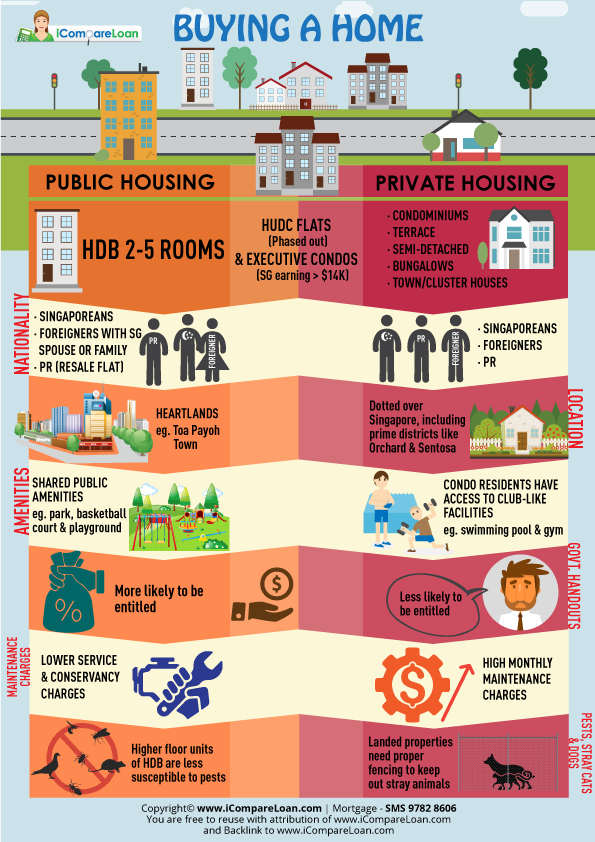Home buying is not always the smartest decision y0u will make
Sometimes, home buying is the smart thing to do, and at other times, it really isn’t. Buying a home isn’t a good or bad idea on its own, and has everything to do with your own situation. Whether or not it’s smart for you will depend on a few different factors. Here’s what you should keep in mind.
1. DON’T THINK OF HOME BUYING AS YOUR MAIN INVESTMENT
Table of Contents
The biggest argument for buying is that it’s an “investment.” But a lot of people overestimate the return on this investment. People tend to believe that homes are appreciating assets, but this isn’t always true.
Yale economist and Nobel prize winner Robert Shiller debates this topic openly, having crunched the numbers. He says that, overall, the housing market doesn’t have a great long-term return. It barely outpaces inflation, in fact. He told USA Today: “If you look at the history of the housing market, it hasn’t been a good provider of capital gains. It is a provider of housing services…Capital gains have not even been positive. From 1890 to 1990, real inflation-corrected home prices were virtually unchanged.”
The Washington Post analyzed Shiller’s data and reported that, over the past 100 years, home prices have only grown at a compound annual rate of 0.3%, adjusted for inflation. The S&P 500, on the other hand, has had an annual return of 6.5%. That’s an awfully big difference.
While that single real estate asset might help protect you against inflation, a well-balanced stock and bond portfolio seems to be a better investment. But a lot of people’s portfolios are mostly made up of their home value. You wouldn’t put 80 percent of your portfolio in a bond simply to protect against inflation (unless maybe you were nearing retirement) so why would your home make up that same amount? That’s the argument against buying a home as an investment.
As Forbes contributor Jamie Hopkins says: “When making the decision it is important to understand that buying a home might not be a great financial investment and to not forgo all of your investable assets in order to purchase a home because you are really purchasing a right to housing and not a long-term investment designed to generate income. You might still be able to time the housing market just right and sell at a higher rate than Shiller’s data shows. But most experts agree: while housing is an investment, it’s not a great investment. So, if this is your only basis for buying a home, it’s probably not the best one.”
2. DECIDE HOW MUCH YOU CAN AFFORD IN HOME BUYING
In deciding whether you can afford to buy, you’ll have to figure out how much a home you’re planning on buying in the first place. One rule of thumb for figuring out this number: your home monthly installment should cost no more than 2.5 times your salary.
Of course, this just gives you a ballpark figure. It doesn’t consider your net worth. Corey Fick of 20s Finances six factors for calculating a better amount of home you can afford:
- Take-home pay (after taxes, after tax-deferred retirement contributions).
- All of your other debt (consumer/credit card, student loans, auto, etc.) and monthly payments. He notes that if you have high-interest loans, you should pay them down before looking to buy a home.
- Consider your other priorities (children, retirement).
- Calculate your down payment amount. It might make more sense to save and wait.
- Use a mortgage calculator to see how much you can afford but add in the estimates for the above costs.
- Leave a cushion in your monthly budget between income and total monthly expenses. Once you know the number you’re working with, you’ll have a better idea of whether or not buying a home is a smart financial move for you.
https://www.icompareloan.com/resources/mortgage-calculator-important-tool/
3. WEIGH THE OPPORTUNITY COST OF RENTING VS HOME BUYING
While your home might not be the best investment, in the end, it’s still yours. Even if it barely outpaces inflation, at the end of the day, you own it, and that’s worth something.
4. CHOICES OF THE NEW ECONOMIC REALITIES
When you rent, you own nothing—the money is given to someone else. So, lots of people argue that you should own a home because one day, you’ll pay that home off and it’ll be yours, rather than continuing to pay rent for the rest of your life. This argument touches on opportunity cost: the value of an option you’re giving up to choose something else. If you choose to rent, you’re missing out on owning an asset. Even if it doesn’t outpace inflation, who cares? You have an asset—a house—to show for all your money.
But it’s not that simple. You also have to consider the opportunity cost of buying a house. There’s the down payment. The mortgage interest payments. What’s the opportunity cost of those? How much could you earn by investing that money in the broad market, instead?
5. WATCH OUT FOR THESE CLOSING COSTS WHEN HOME BUYING
On average, closing costs make up two to five percent of the purchase price of a home. Sometimes, you can actually earn more money over time by renting and investing than buying.
Of course whether or not this is true depends on several other factors. But beyond the money factors, you also want to consider your long-term goals. If there’s good chance you’ll sell the home in five years, it’s probably cheaper to rent (the rental calculator will most likely tell you the same).
Or maybe you’ll move for a job. Maybe you’ll want a bigger home for a family. Your own individual milestones should play a part in your decision.
Ultimately, buying a house is a personal choice you’ll have to weigh, considering your own circumstances. Homeownership is not inherently a smart or dumb decision—it depends a lot on individual factors and where you’re at financially. But these considerations should at least put you in the right direction.







